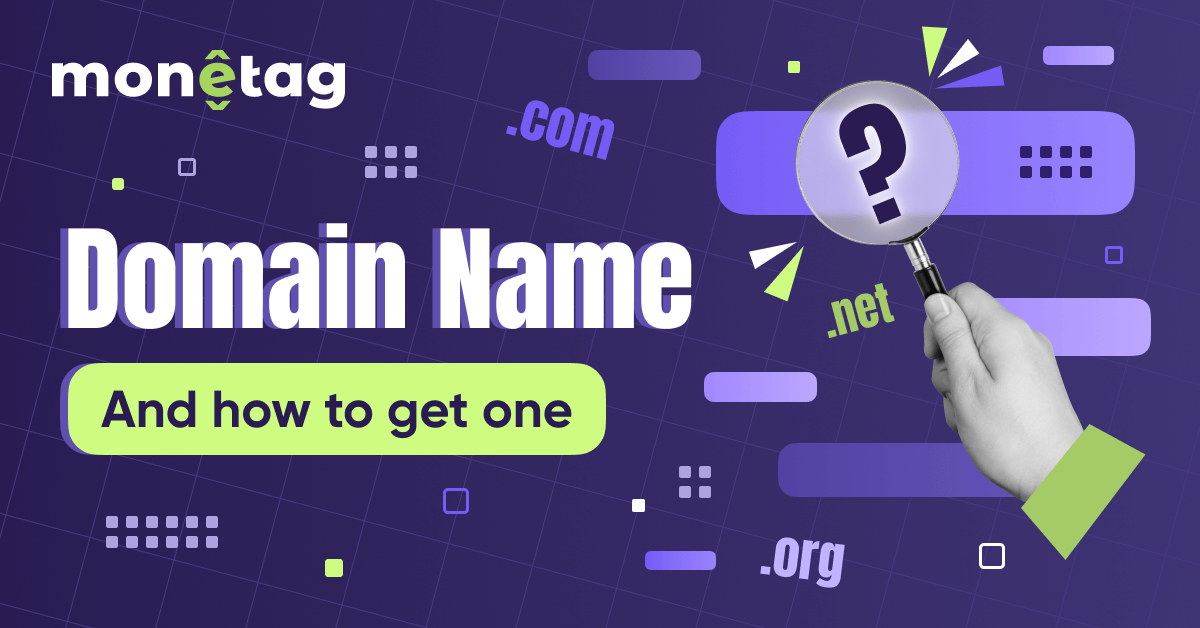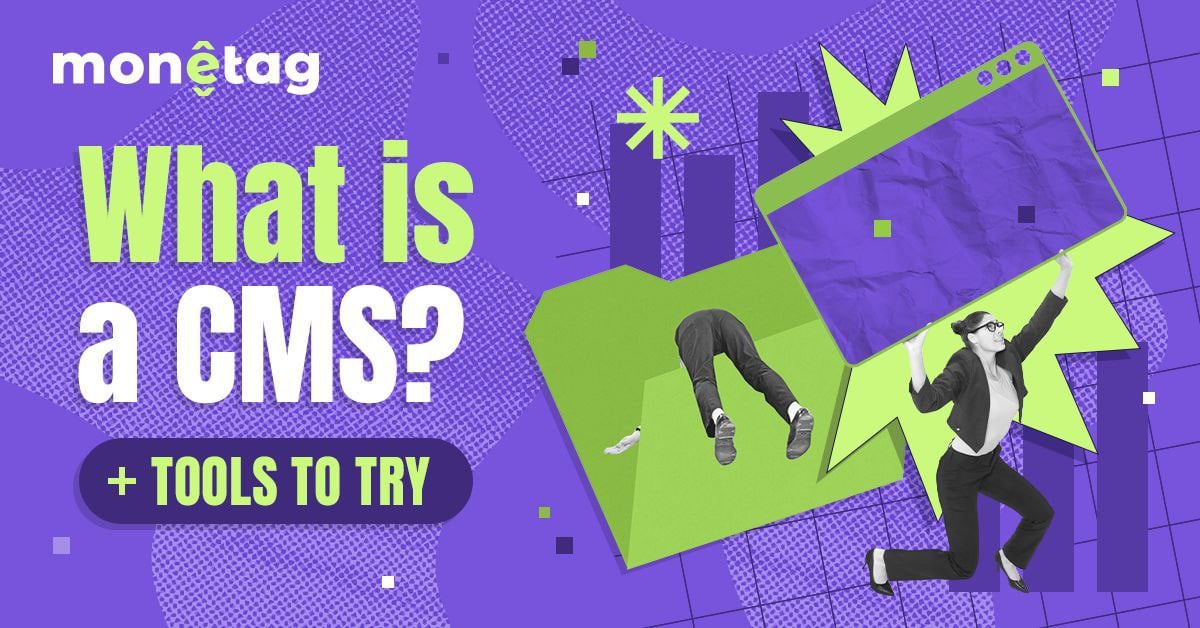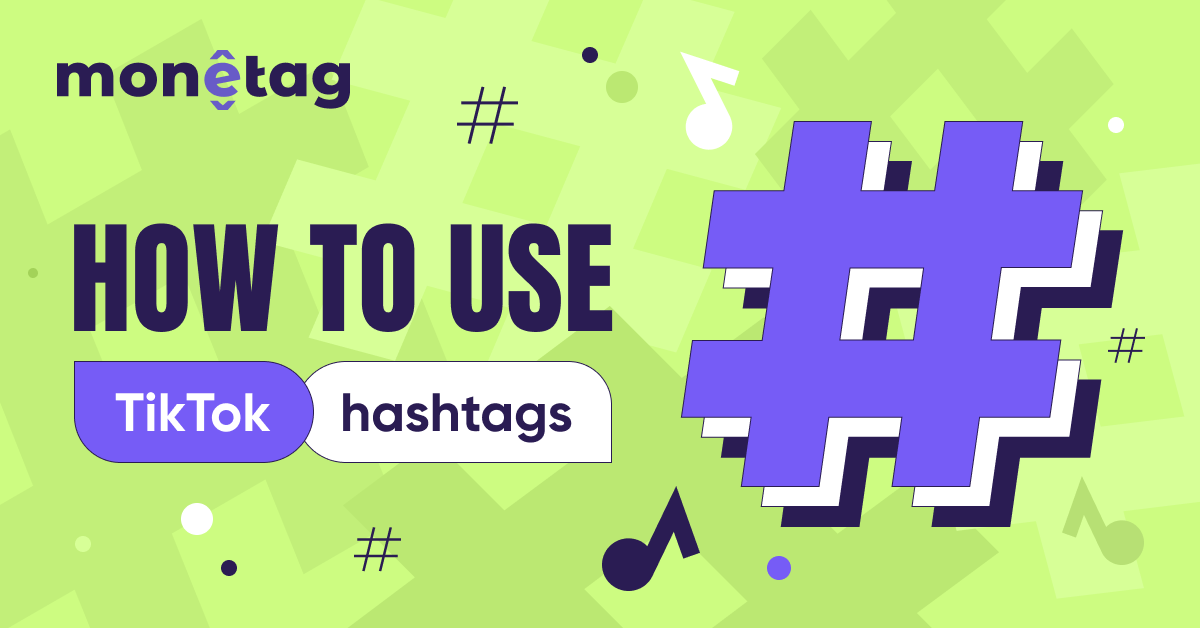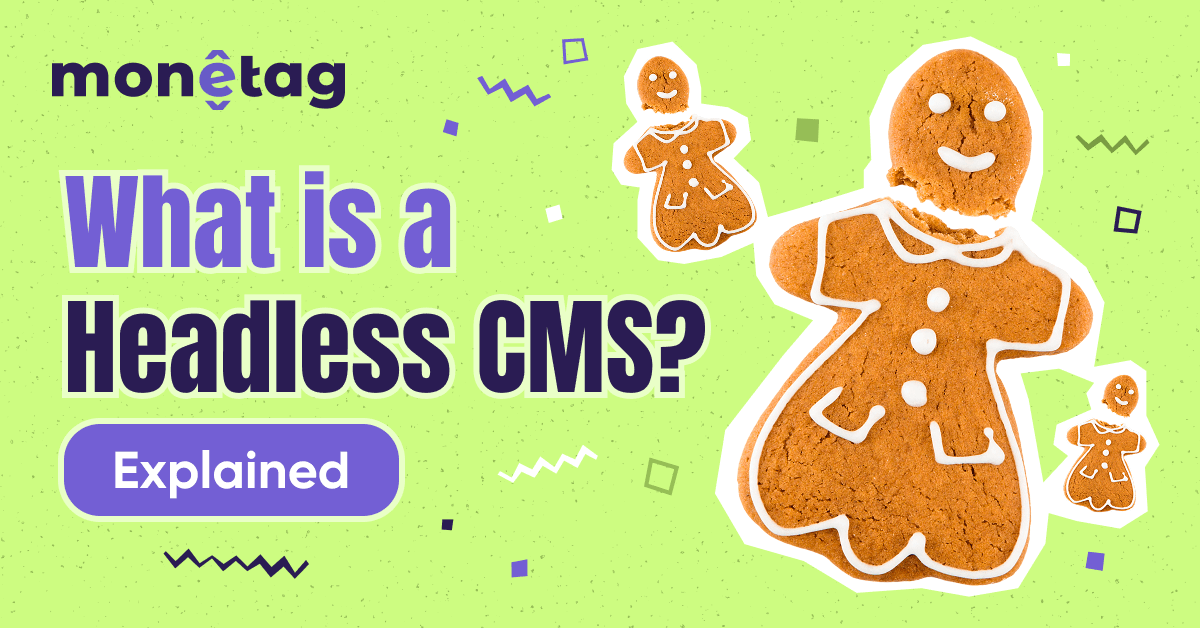| Part | What it means | Example |
|---|---|---|
| Second-level domain (SLD) | Your unique site name | monetag.com |
| Top-level domain (TLD) | The extension or suffix | .com, .net, .io |
| (Optional) Subdomain | A section of your site | blog.monetag.com |
Domain Name Power Play: Build, Brand, and Bank Every Click

Claim your corner of the internet. Drive clicks, build authority, and turn visitors into revenue. But wait! That’s a lot harder than it needs to without a proper domain name. Every second someone types a name into a browser, traffic moves. And the right domain decides whether that traffic lands on your page or your competitor’s.
So come learn what is a domain name, how it fuels visibility and monetisation, and how to use it to grow your profits.
Then maybe, and really not just maybe… you’ll be able to run smart ads, optimise fast, and make every click count. Cause with Monetag, traffic doesn’t just visit – it pays.
Domain Name: How You Own the Address (and the Traffic)
What does that mean? Every website needs a front door and that door is your domain name.
If you ask, “What is a domain name?” know that it’s your unique, easy-to-remember address users type into their browser to reach your site. And for traffic monetisation, your domain isn’t just the address. It’s the brand, the trust signal, and the place where readers become clicks, subscriptions, or even revenue.
So when you ask “what is domain name of website” or “what is a website domain,” you’re really asking: what address will bring real people to your pages.
But most importantly, what’ll make them stay? At first, your cleverly chosen domain name.
What is the domain in website jargon?
A domain (in website context) is the part of your web address that identifies your site. According to Cloudflare: A domain or domain name (also known as a zone) is the location of a website or application (example.com).
To answer “what is a domain in website?”, that’s simply your online real-estate identifier. It’s simple for users to remember, and linked to an IP behind the scenes. In other words, composed of:
- URL – it’s full address (e.g., https://yourbrand.com/blog).
- Domain name – the main part of that: yourbrand.com.
So when you hear “what is a website domain,” it means the same: the domain name that points to your website. Or the website name, found within your URL.
Why This Matters for Publishers & Traffic Monetisers
You’re publishing, you’re optimising, you’re monetising – and the domain name plays three critical roles:
1. Memorability + Branding
A domain like YourPublisher.com is way easier to remember than a messy string. As Hostinger points, “words are far easier to remember than numbers” for your site address.
2. Credibility
A custom domain screams serious publisher. Free sub-domains (e.g., yourblog.platform.com) don’t carry the same weight.
3. Traffic leverage
Your domain influences how people click, share, and return. The easier it is to recall, the higher your potential return visits, referrals, affiliate links, and ad impressions.
If you’re monetising via ads, affiliate links, or direct offers, your domain is the cornerstone. So make it memorable!
The Anatomy of “What Is Domain Name”

The Structure of a URL – Domain Name – Monetag
Let’s break it down, so you understand every part of that question, and wield the power.
So when you ask “what is a domain name?” you’re actually referring to that whole package: name + extension + your site.
How It Drives Monetisation
Start by taking action. Don’t just understand – apply. And, as we’ve already got you used to, here’s your checklist:
- Pick a domain that’s short and memorable. OVHcloud advises: “Choose a name that is easy to pronounce and spell.”
- Use the right extension. .com still dominates, while local or niche extensions (.io, .blog, country-codes) work too if your audience knows them.
- Register it ASAP. A good domain can be taken quickly, so put the stake in the ground before you’re chasing after someone else’s traffic.
- Make your domain match your brand or monetisation model. If you’re doing affiliate reviews, your domain should reflect trust and niche (for example: BestGadgetDeals.com).
- Keep it evergreen. Your domain stays, you can change hosting, platform, design, but the address remains.
- Track it. Once you’ve got traffic flowing to your domain, throw metrics at it: visits, bounce rate, conversions. Your domain is the hub.
Monetag to Help Publishers Monetize Users
At Monetag, you get more than just a warm welcome. You get a platform built for maximising your traffic monetisation.
From ad optimisation, to affiliate integrations, analytics, and flexible formats. So once you pick a domain that aligns with your niche, make sure to follow these steps:
- Plug into Monetag’s traffic monetisation stack
- Scale with the brand credibility your domain delivers
In essence, you control the door (domain), Monetag handles the monetisation engine behind it.
Wrap-up
So there you have it: when you ask “what is domain name?”, “what is domain name of website?”, “what is a website domain?”, “what is domain in website?” – you’re dealing with the same thing: the address, the brand, the magnet for your traffic.
Pick it carefully, use it confidently, monetise it diligently. And with Monetag, you’re not just getting a partner to promote that domain.
You’re getting the path to real ad-checks and affiliate payouts.
Ready to own your domain, drive traffic, and monetise at scale?






